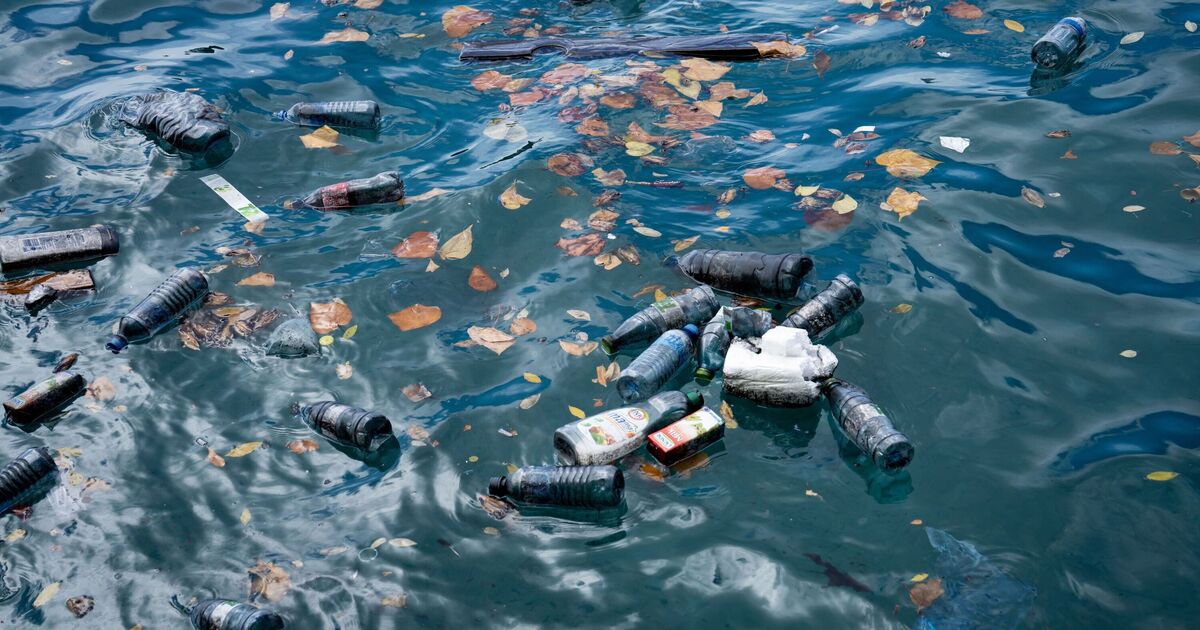A smart plastic that breaks down in the sea without releasing harmful micro-particles has been developed by scientists.
They found adding a special bacteria allows it to activate enzymes when coming into contact with salt water.
More than 14 million tonnes of microplastics are released into our oceans every year, damaging wildlife and entering the human food chain.
The major breakthrough has been developed at the University of Edinburgh through its start-up company EVA Biosystems.
Founder Dr Alexander Speakman said: “While there are many people developing biodegradable plastics, they’re too expensive and only make up about one per cent of the world’s plastic.
“Our technology works with existing plastics, making them ‘smart’ enough to break down when they end up where they shouldn’t be, like in oceans or landfills.”
EVA Biosystems uses synthetic biology to develop new bioplastics for manufacturing, with the ultimate goal of creating packaging that can sense its surroundings and only degrade in landfill or sea water.
The company aims to expand to industries that need to remove plastic particles as part of their own manufacturing process or as waste-water treatment, such as textile manufacturing or dyeing.
Once advanced materials for consumer goods have been developed, potential clients will be large-scale manufacturers of plastic parts and packaging.
Plastic pollution is a huge global issue, with larger items such as water bottles broken down into tiny particles by exposure to the sun’s radiation and ocean waves.
These then enter the food chain after being consumed by wildlife and linger in the environment for thousands of years.
Micro plastics are also shed from manmade fibres, tyres and brakes. One study suggests human ingestion is the equivalent of a credit card every week, mainly from drinking water.












